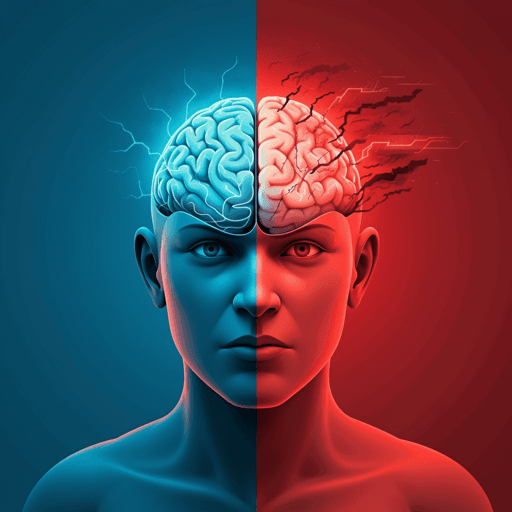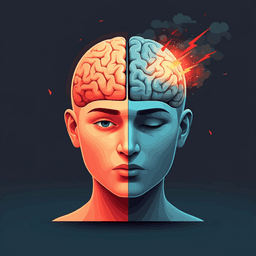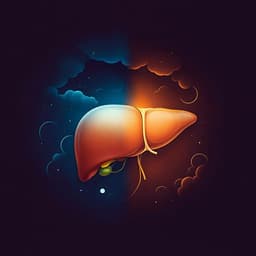
Psychology
Prolonged exertion of self-control causes increased sleep-like frontal brain activity and changes in aggressivity and punishment
E. Ordali, P. Marcos-prieto, et al.
Exerting self-control for roughly 45 minutes can make people more prone to aggressive choices, and these shifts align with increased sleep-like (delta) activity in frontal brain regions—suggesting brief local “sleep” in the awake brain undermines impulse control. This research was conducted by Erica Ordali, Pablo Marcos-Prieto, Giulia Avvenuti, Emiliano Ricciardi, Leonardo Boncinelli, Pietro Pietrini, Giulio Bernardi, and Ennio Bilancini.
Related Publications
Explore these studies to deepen your understanding of the subject.







